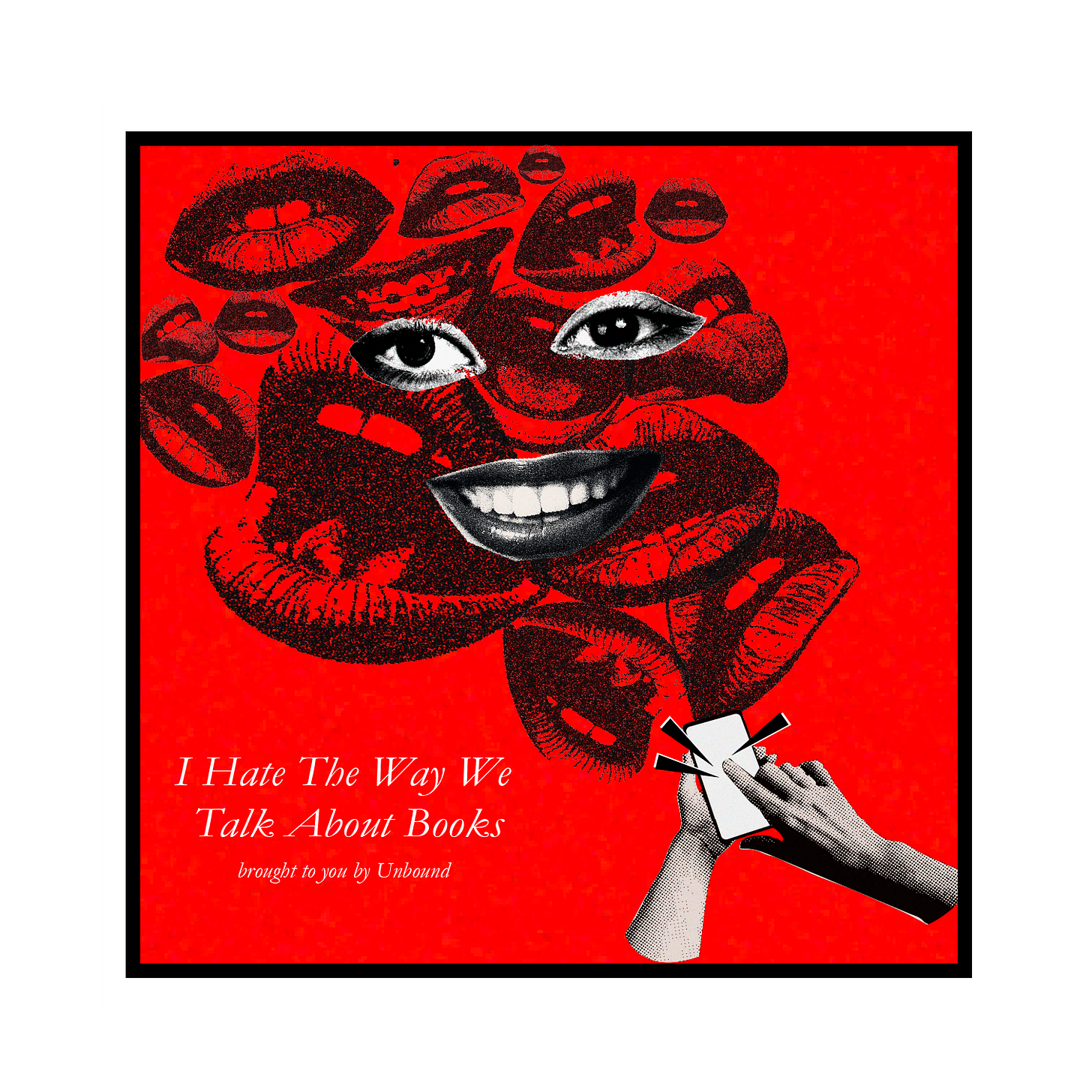I Hate The Way We Talk About Books
On BookTok, Algorithms, and AP English
Hi everyone!
Welcome back to Unbound. We’ll be back with new episodes of the podcast in a couple of weeks, but in the meantime I wanted to ease in with an essay that will hopefully give you more insight about my perspective on books and the way we talk about them.
We’re so excited to bring you more essays, guest interviews, and book reviews in 2025, starting with the essay below. Our first episode of the year will go live later this week - until then, you can listen to our past episodes on Spotify and Apple Podcasts.
I hate the way we talk about books in 2025. I promise I’m not one of those old people shaking their fists at the sky and blaming Booktok for everything - I actually think this started long before Booktok. Like any good nerd, I learned how to talk about books in my high school English class. I had incredible teachers and quickly learned there was more to reading than deciding if a book was good or bad, and that those types of binaries rarely do any book justice. Instead, my teachers were interested in what the books we read made me think about, how the topics in the books connected to the world around us, and what we thought the author was trying to accomplish. Never once did my AP English teacher ever say: did you like this book?
Now, granted, that was AP English, and the goals for reading academically vs for pleasure differ. If I’m spending my hard-earned 26.99 on a hardcover book, I want to enjoy it! We absolutely should be reading for pleasure. The issue comes when we’re talking about these books. Who among us has not eagerly purchased a book that was recommended on TikTok, only to be disappointed by juvenile prose and predictable plots? Book influencers are prey to algorithms that encourage binary conversations - a book is either terrible or the best book ever written, there is no in-between. This puts any book that the creator enjoys in the best book ever category, leaving any book that is uncomfortable or worse yet BORING in the “bad book” category. This isn’t true of all book influencers of course - but the nature of the internet is a demand for shock and scale, so talking about books on this medium often means ultra-processing book reviews to be legible to algorithms and palatable to larger audiences.
We see this hyper-binary in other places on the internet - the fragrance influencers who say a particular scent made men chase them down the street, the food influencers cooking the best thing you’ll ever put in your mouth, all of these people are just beholden to an algorithm that rewards binary thinking. Part of the reason I started Unbound is because I wanted to see more conversations about books that felt like…my 11th-grade AP English classroom, but with a wider range of topics and more diverse authors. I don’t care if a book is good or bad, I want to know what it awoke in you, how it made you feel, if your toes curled at a particular scene. I want to hear whether it gave you more insight into the people around you or yourself, whether you judged the book by its cover (and if you were right), and how the author’s prose made the story richer (or not!). Did the book leave you hungry for anything? Are you waiting with bated breath for a sequel? Have you written fan fiction about it, even in your head?
I guess more than anything, I want us to have more conversations about ourselves and how we are affected by the books we read, for better or for worse. Reading is incredibly intimate, and I want us to share in that intimacy a little more, to move beyond our status as judge and jury of the book and reveal how stories have broken us open or made us whole.

